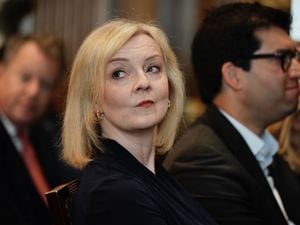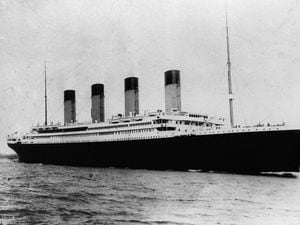Star comment: Dangerous phase but West must stand firm against Putin
We have entered a dangerous phase of the war in Ukraine.

Vladimir Putin’s ego has been bruised and he has started lashing out with yet more indiscriminate attacks on civilian targets. The latest missile attacks amount to war crimes and can be added to the list of outrages already seen in Ukraine.
The danger is that the Russian leader, with his army in retreat, will become ever-more desperate to save face. That appears to be a bigger motivation than the preservation of his people. And, when he has the codes to the nuclear button at his fingertips, that is a terrifying thought.
The Western coalition has held firm against Putin’s onslaught and will continue to do so. We are in for the long haul and must face down his naked aggression. It is clear he will look to other territories, if he succeeds in taking – or holding – Ukraine.
Yet Putin is vulnerable and the world is gradually being made aware that he cannot win. He has lost ground and lost his reputation, there will be further reversals before winter comes.
Even so, diplomacy remains a key priority against the man who would hold the world to ransom. A dangerous war-monger, he will be indiscriminate as he attacks innocents in Ukraine to vent his frustration.
Now is the time for the West to stay firm. Ukraine will be freed, though it will not be an easy task. We must avoid the casual escalation of war and continue to show the solidarity that has imperilled Russia’s economy and made it a pariah.
We are not in a world where such barbarous attacks can be tolerated, yet we must take back ground with our eyes wide open about the threat that Putin continues to pose.
***
Many will call John Cleese a dinosaur. But many others will agree wholeheartedly with his view of the world.
Nobody wants to go back to the 1970s, when racism was almost part of the mainstream on television. Cleese would agree that it is entirely right that the scourge of discrimination is stamped out.
His frustration is that broadcasters like the BBC are so afraid they may offend that they compromise the quality of their output.
Monty Python was pioneering. It just happened to be performed by middle-class Oxbridge graduates. Cleese argues that today it would be turned down simply for that reason. It is right for our media to reflect the richness of our society and the BBC succeeds in doing that.
But, as Cleese says, it should sometimes also consider commissioning shows just because they are funny.





